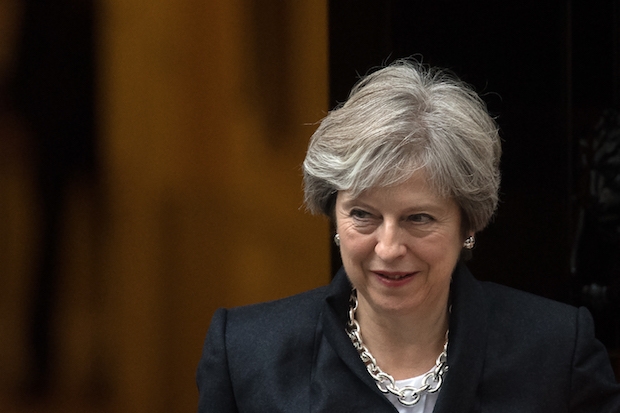Theresa May covered a fair bit of ground in her statement to the Commons on last week’s European Council meeting. She talked about how EU leaders were supporting Britain in the stand-off with Russia following the Salisbury attack, on the agreement that leaders reached on the next stage of Brexit negotiations, steel tariffs, and on allegations that her own political secretary Stephen Parkinson outed his former partner as gay.
On Russia, the Prime Minister told the House that ‘I have found great solidarity from our friends and partners in the EU, North America, Nato and beyond over the past three weeks as we have confronted the aftermath of the Salisbury incident’. She revealed that 18 countries, including 15 EU member states, had expelled more than 100 Russian intelligence officers from their countries.
The theme of solidarity and co-operation continued into her feedback on the Brexit talks, saying ‘I believe there is now an opportunity to create a new dynamic in these negotiations. She added: ‘The agreements our negotiators have reached on the Withdrawal Agreement and the Implementation Period are proof that with political will – and with a spirit of co-operation and a spirit of opportunity for the future – we can find answers to difficult issues together.’
Some of those answers aren’t yet clear, though: when both Corbyn and then the DUP’s Nigel Dodds asked about the Irish border, the Prime Minister insisted that the government and those involved in the talks were still aiming for Plan A, not Plan C and that no Prime Minister could stand at the Despatch Box and announce measures that damaged the UK’s internal market.
But what is clear is that May is standing by her aide Stephen Parkinson. She didn’t seem fully comfortable as she told MPs that ‘My political secretary does a very good job as my political secretary. Any statements that were made were personal statements’ and then suggested that ‘for some being outed as gay is difficult’ and that she wanted a world where this wasn’t the case for anyone. After the statement, Downing Street sources explained that Parkinson had merely made a ‘personal statement’, rather than one endorsed by Downing Street, but there was no attempt to explicitly condemn or apologise for what had happened, so it is clear that Number 10 does not believe Parkinson’s job is in danger.







Comments